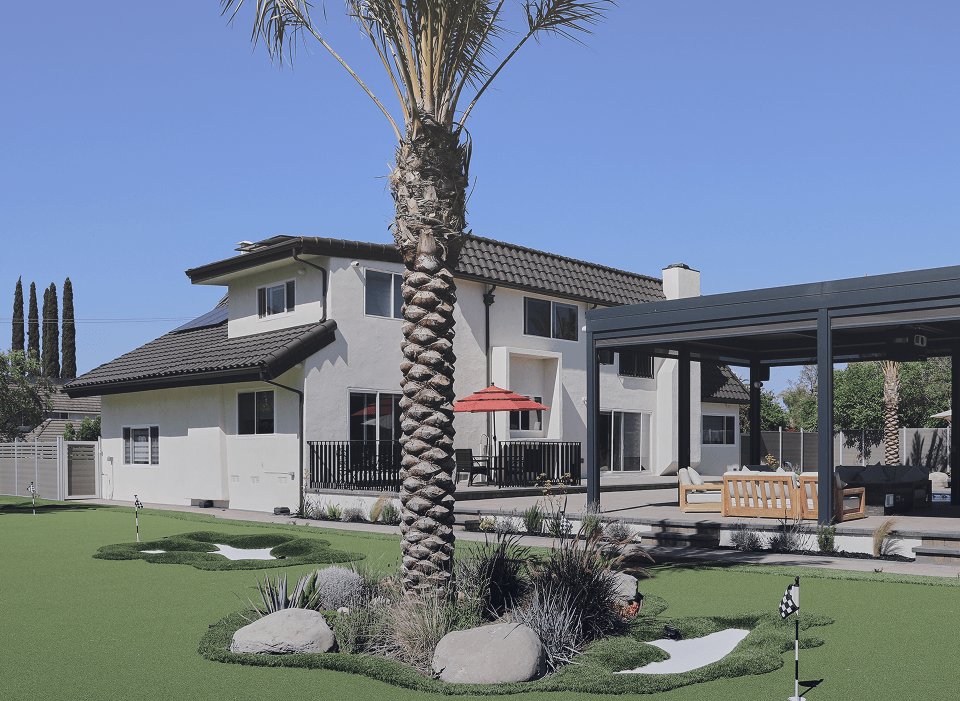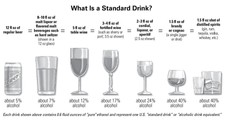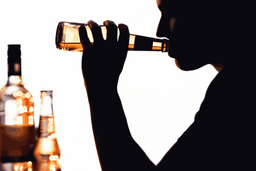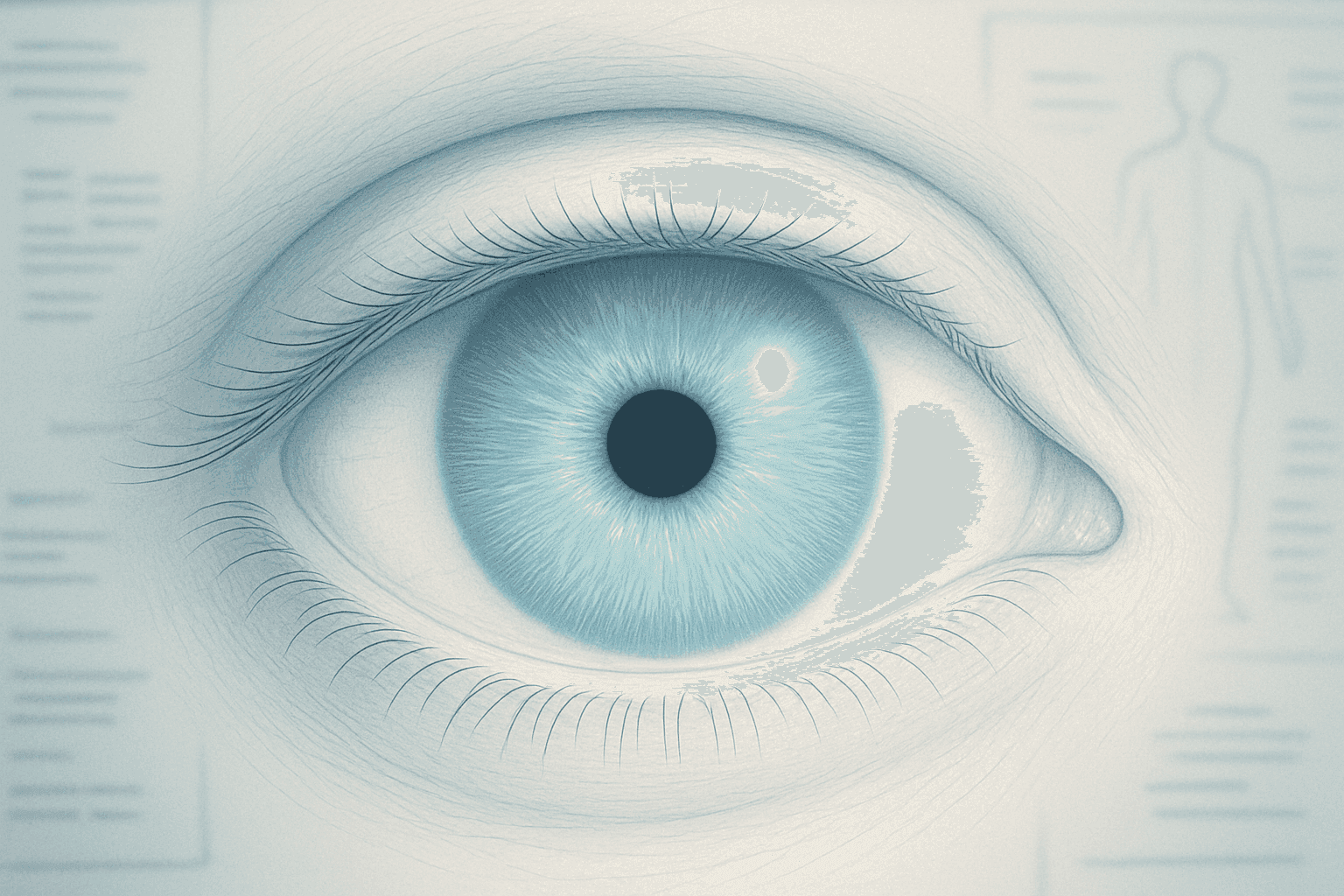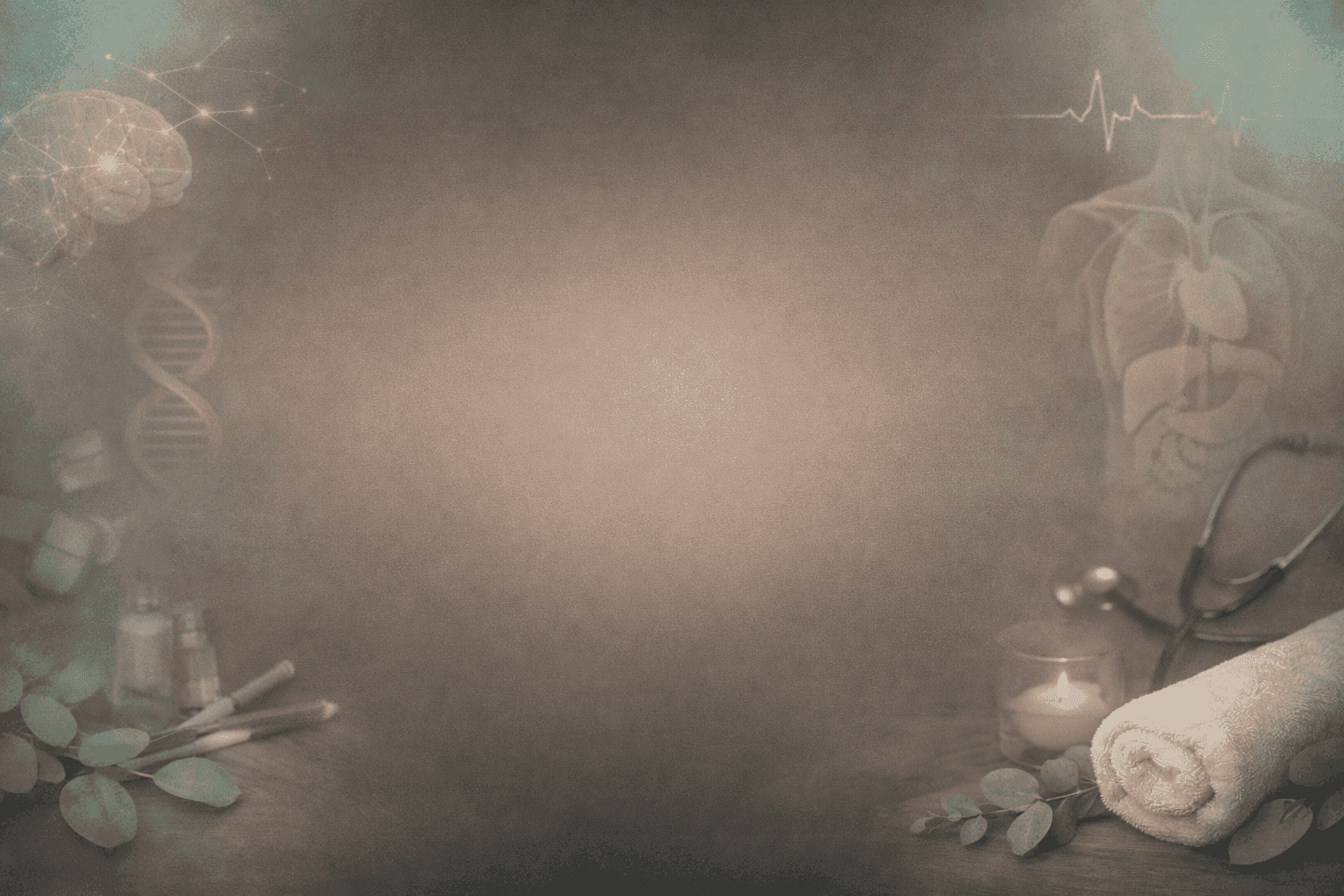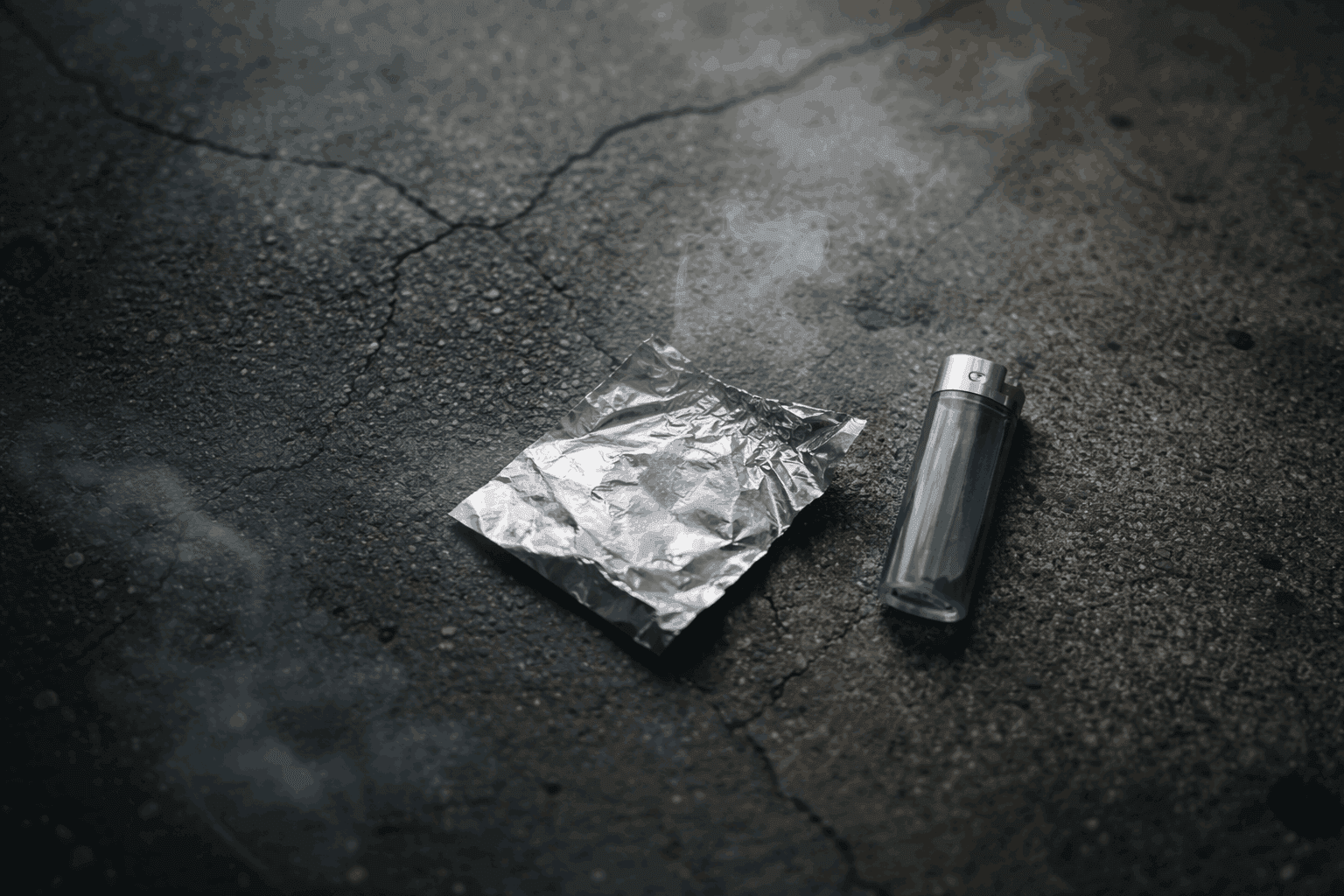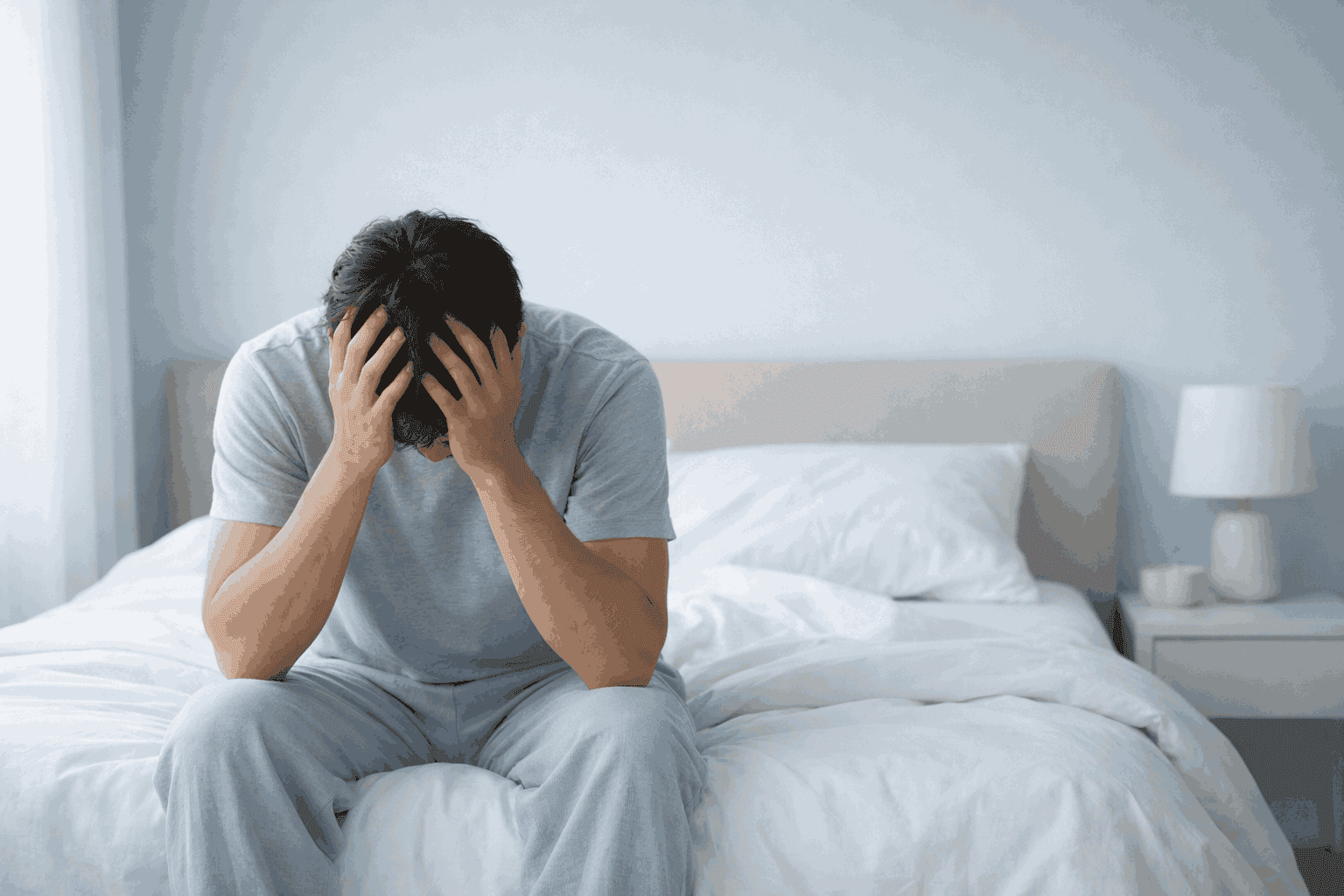Most individuals like to drink every now and then, like a glass of wine with dinner or a few beers with friends. But have you ever thought about how drinking on an empty stomach can affect you? A lot of people do this, particularly after a hard day, but it’s really dangerous and many people don’t fully realize the risks involved.
This article goes into detail on the science of how your body processes alcohol without meals, the risks it poses, and how to drink it more safely. We’ll talk about why is it bad to drink on an empty stomach for your health and what you can do to be safe.
How Does the Body Process Alcohol With an Empty Stomach?
Your stomach and small intestine are the main places where alcohol enters your system. Food is quite important for slowing down this process of absorption. Think of your stomach as a gatekeeper. If it’s full with food, the gate is only half open, which lets alcohol into your circulation more slowly.
National Institute on Alcohol Abuse and Alcoholism
But when you’re drinking on an empty stomach, that gate is wide open. Alcohol rapidly gets into your small intestine, where most of the absorption happens. This makes your blood alcohol content (BAC) rise fast. This fast absorption might make alcohol’s effects stronger, so you experience them more immediately and strongly.
What Happens if You Drink on an Empty Stomach
The effects might be unpleasant right away or quite harmful in the long run. If you want to make smart choices about how much alcohol you drink, you need to know what happens if you drink on an empty stomach.
Quickly becoming drunk and making wrong decisions
Alcohol quickly enters your system when you don’t eat, which makes you drunk quicker. This implies that if you drink on an empty stomach, you will get drunk faster on an empty stomach than if you had eaten. This quick spike in BAC makes it harder for you to think clearly, coordinate your movements, and make good decisions. Even a little bit of alcohol may have a big impact, making things like driving or using equipment very unsafe.
Increased Risk of Gastrointestinal Issues
The lining of your stomach and intestines is irritated by alcohol. This discomfort becomes worse when you eat it on an empty stomach. You might feel sick, throw up, have stomach discomfort, or even have acid reflux. Chronic irritation may lead to more severe gastrointestinal issues, such gastritis or ulcers, over time. Research even suggests that drinking alcohol without food increases the risk for gastrointestinal cancers due to direct irritation and cellular damage.
Hypoglycemia (Low Blood Sugar)
Your liver is very important for both breaking down alcohol and keeping your blood sugar levels stable. When you drink without eating beforehand, your liver focuses on breaking down the alcohol. This may make it harder for it to make glucose, which might cause a hazardous dip in blood sugar levels called hypoglycemia. Some of the symptoms include dizziness, disorientation, weakness, and even seizures. This is especially worrying for those with diabetes or those who are likely to have low blood sugar.
Dehydration
Alcohol makes you urinate more, which might make you dehydrated. If your body is already low on fluids, drinking on an empty stomach might make it worse, which can lead to headaches, tiredness, and other hangover symptoms
Enhanced Risk of Alcohol Poisoning
When your stomach is empty, alcohol is absorbed very fast. This makes it far more likely that you will drink too much alcohol in a short length of time. Confusion, vomiting, convulsions, sluggish breathing, and unconsciousness are all signs of alcohol poisoning, which is a serious and perhaps deadly illness. This is a really important issue, particularly when considering the dangers of drinking without eating adequately beforehand.
Long-Term Health Risks
Long-term health concerns might happen if you consume a lot of alcohol on an empty stomach. It may also place additional stress on your liver, which raises the risk of liver damage such fatty liver disease, alcoholic hepatitis, and cirrhosis. It may also affect the health of the heart and blood vessels, the brain, and the general nutritional state, as sites like those from the National Center for Biotechnology Information (NCBI) talk about.
What to Do After Drinking on an Empty Stomach
If you’ve found yourself in a situation where you were drinking on an empty stomach and are now feeling the effects, here are some things you can do to lessen the symptoms and help your body heal:
- Eat Something: The most important thing to do is to eat something. Choose starchy items like crackers, bread, or spaghetti. These may help soak up any alcohol that is still in your stomach and provide your body the carbs it needs to increase blood sugar levels. Protein and healthy fats may also help slow down the absorption of more food and provide you energy for a long time. Many wonder if eating after drinking absorbs alcohol. While it won’t reverse prior absorption, it can help with subsequent absorption and overall recovery.
- Drink Water: Drink a lot of water or drinks high in electrolytes to rehydrate. Stay away from extra alcohol, coffee, or sugary beverages since these might make dehydration worse.
- Rest: Alcohol might mess with your sleep, but your body needs rest to heal. If you can, take a break or sleep.
- Avoid More Alcohol: It may seem clear, but don’t drink any more alcohol. Your body needs time to digest what you’ve previously eaten.
- Monitor Your Symptoms: Be really aware of how you feel. If your symptoms become worse or you are in a lot of pain, you should consult a doctor. The doctor might most possibly suggest going through alcohol detox.
If you’re wondering what to do after drinking on an empty stomach, these steps are a good starting point.
What to Do in the Case of Alcohol Poisoning
If someone has alcohol poisoning, they need to get to the hospital right away. It’s very important to respond quickly if you think someone is suffering from alcohol poisoning.
Signs of alcohol poisoning include:
- Confusion
- Vomiting
- Seizures
- Slow breathing (less than 8 breaths per minute)
- Irregular breathing (10 seconds or more between breaths)
- Blue-tinged skin or pale skin
- Low body temperature (hypothermia)
- Unconsciousness (cannot be roused)
If you suspect alcohol poisoning:
- Call emergency services immediately. Do not wait for all symptoms to be present.
- Stay with the person. Do not leave them alone.
- Turn them on their side. This stops them from choking on their own vomit.
- Give emergency personnel as much information as you can, such as how much and what kind of alcohol you drank.
How to Safely Drink on an Empty Stomach (Or Rather, How to Avoid It)
The best way to be safe is to avoid drinking on an empty stomach altogether. Here are some tips to help you drink alcohol in a responsible way:
- Eat Before You Drink: This is the most important rule. Before you start drinking, eat a big meal that is high in carbs, proteins, and healthy fats. A healthy lunch will preserve your stomach and slow down the absorption of alcohol. This makes it easier to see the difference between drinking on empty stomach vs full.
- Drink Slowly: Taking your time lets your body metabolize the alcohol more slowly. Try to have no more than one normal drink per hour.
- Alternate with Water: Drink a glass of water between each alcoholic drink. This helps you remain hydrated and drink less alcohol overall.
- Choose Lower-Alcohol Options: Choose beverages with less alcohol, particularly if you haven’t eaten much.
- Know Your Limits: Everyone’s tolerance to alcohol is different. Know what your limitations are and stick to them. Don’t drink to compete or attempt to keep up with others.
- Avoid “Drunkorexia”: “Drunkorexia” is a harmful behavior in which people purposely eat less meals to “save” calories for alcohol. This makes the hazards of drinking on an empty stomach much worse and may cause serious health problems and nutritional deficiencies, as shown by sites that talk about this illness.
- Consider What You’re Drinking: When you consume alcohol on an empty stomach, it gets into your system quicker. However, certain beverages, such spirits, will have a stronger impact than beer or wine. For instance, drinking wine on an empty stomach might still get you drunk quickly.
Drinking on an Empty Stomach: FAQ
Is It Okay to Drink on an Empty Stomach?
What Happens if You Don’t Eat After Drinking Alcohol?
Is Drinking on an Empty Stomach Bad for the Liver?
Conclusion
It’s evident that drinking on an empty stomach makes the effects of alcohol much stronger, which may lead to quick drunkenness and a higher risk of health concerns, from stomach problems to alcohol poisoning. Drinking alcohol may be a fun aspect of socializing, but your health and safety should always come first. You can greatly lower these dangers and have a safer, more fun time by learning how your body handles alcohol and drinking responsibly, which means eating before you drink. Always keep in mind that moderation and being aware of what you’re doing are important for drinking responsibly.
References
Malaeb, D., Bianchi, D., Pompili, S., Berro, J., Laghi, F., Azzi, V., Akel, M., Obeid, S., & Hallit, S. (2022). Drunkorexia behaviors and motives, eating attitudes and mental health in Lebanese alcohol drinkers: a path analysis model. Eating and Weight Disorders – Studies on Anorexia, Bulimia and Obesity, 27(5), 1787–1797. https://doi.org/10.1007/s40519-021-01321-2
National Institute on Alcohol Abuse and Alcoholism. (2024). Understanding the dangers of alcohol overdose. U.S. Department of Health and Human Services, National Institutes of Health. Retrieved from https://www.niaaa.nih.gov/publications/brochures-and-fact-sheets/understanding-dangers-of-alcohol-overdose
NHS. (2023, October 26). Alcohol poisoning. Retrieved from https://www.nhs.uk/conditions/alcohol-poisoning/
Oba-Yamamoto, C., Takeuchi, J., Nakamura, A., Takikawa, R., Ozaki, A., Nomoto, H., Kameda, H., Cho, K. Y., Atsumi, T., & Miyoshi, H. (2021). Combination of alcohol and glucose consumption as a risk to induce reactive hypoglycemia. Journal of Diabetes Investigation, 12(4), 651–657. https://doi.org/10.1111/jdi.13375
Ramsbottom, A., Petticrew, M., Huber, A., & van Schalkwyk, M. C. I. (2023). Drinking on an empty stomach: a scoping review of the evidence on how consuming food with alcohol affects short-term outcomes. Journal of Public Health (Oxford, England), 45(3), 612–620. https://doi.org/10.1093/pubmed/fdac117
